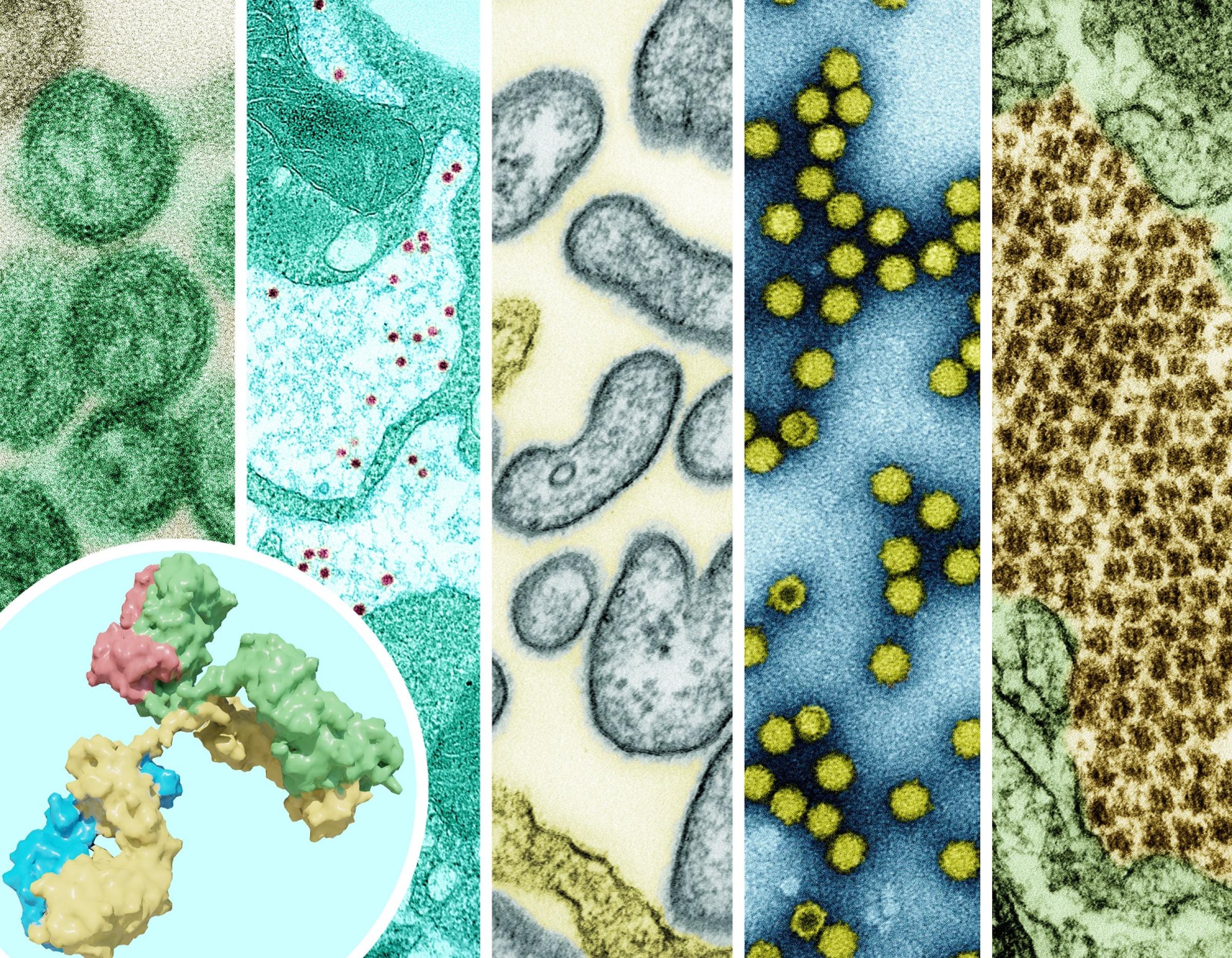NIAID researchers are actively engaged in the search for an effective vaccine against dengue fever. The vaccine approach that is currently been evaluated at NIAID for efficacy against dengue animal models and human trials is a weakened recombinant version (live-attenuated) of the dengue virus. Other NIAID-funded investigators are working to develop dengue vaccines using different live-attenuated dengue viruses, recombinant proteins, viral vectors, and DNA.
Insecticide-treated bed nets have long been used to prevent malaria. One NIAID-funded study is evaluating the feasibility of using these nets as curtains in houses to prevent mosquitoes from entering homes. Studies on the behavior and geographical patterns of the mosquito vector can also inform prevention strategies. Research areas currently being supported by NIAID include the physiology of dengue vectors throughout the life cycle, the effects of urbanization on disease transmission, and how mosquitoes seek out mates and human hosts.
NIAID-supported researchers are also exploring alternate prevention methods, such as targeting dengue virus in the mosquito vector. By preventing dengue viruses from reproducing inside mosquitoes, researchers hope to reduce the transmission of diseases by mosquitoes.



